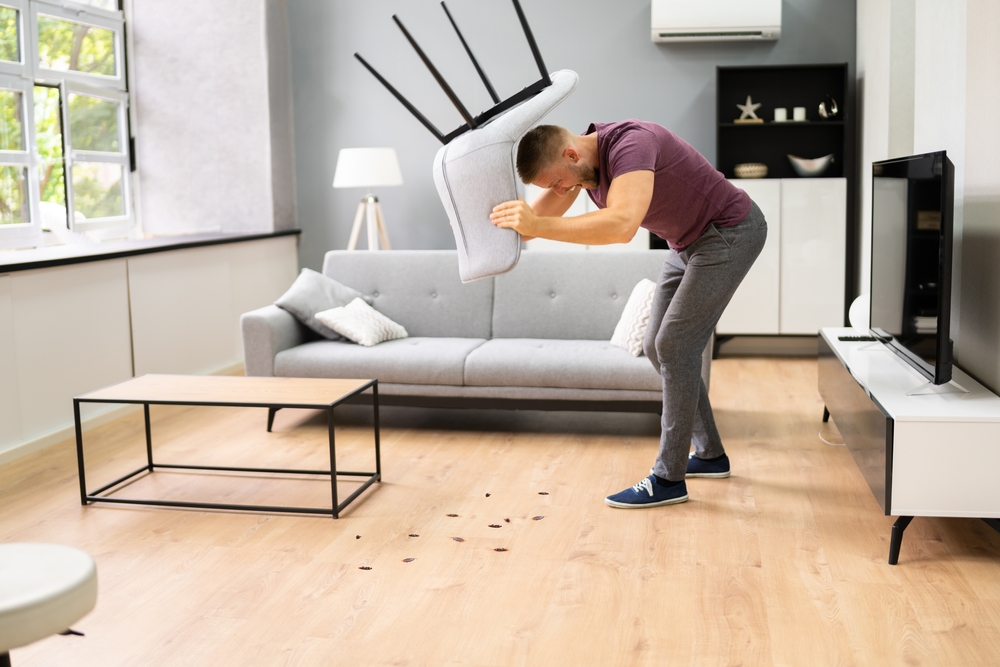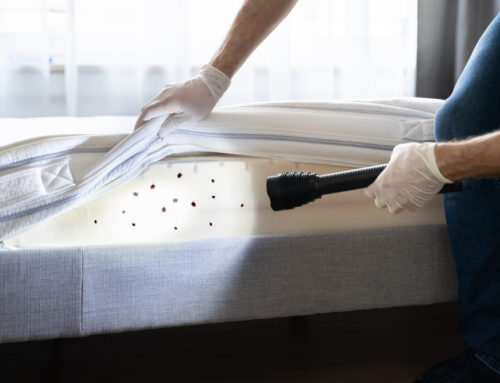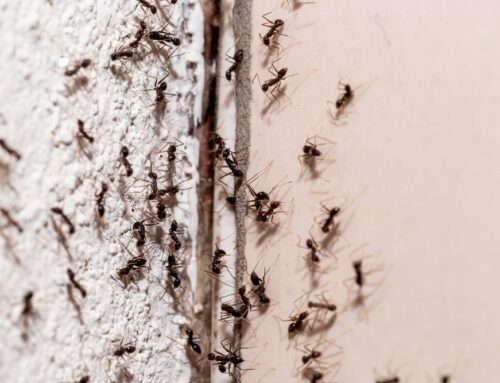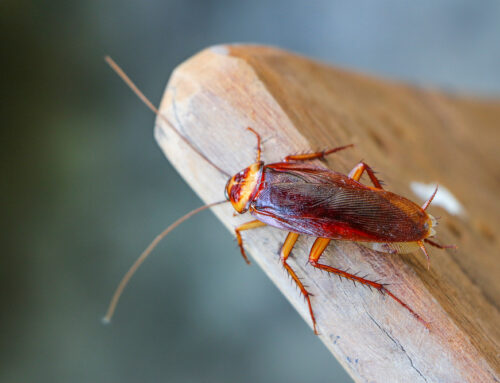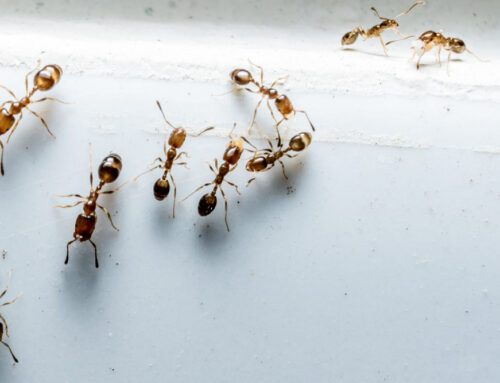Dealing with a pest infestation can be an annoying experience for any homeowner. Critters such as roaches, rodents, and bed bugs not only spread deadly diseases but can potentially wreak havoc on a property. This is why most people instantly look for ways to eliminate these pests as soon as they become aware of them.
In many cases, homeowners choose to go the DIY route to control pests in their homes. However, there are several things that one needs to keep in mind when deciding whether to implement DIY pest control strategies or employ a professional extermination service. These include:
Cost
While DIY pest control products are relatively inexpensive compared to commercial products, they may cost more in the long run. This is because most DIY control measures are implemented reactively. In other words, homeowners typically apply them when an infestation has firmly taken root.
By contrast, professional pest control takes pre-emptive measures to prevent pests from infesting a property in the first place.
So, while DIY pest control will cost you less when it comes to buying products, you may spend a lot more on treatment and repairs in the end.
Effectiveness
DIY treatments are often best suited for treating small areas where the pest problem is concentrated. However, they seldom cover a large area or last long enough to manage a full-fledged infestation.
On the other hand, professional treatments are developed explicitly for large-scale application, going into locations where you wouldn’t notice pests, such as crawlspaces, within walls, and inside the foundations.
Expertise
Most DIY pest control products come with simple instructions on using them correctly. This means anyone can apply them without requiring any assistance from an expert.
Conversely, professional pest control services employ the latest technology and technical expertise to conduct treatment, making their process more thorough.
Safety
DIY extermination products may contain chemicals that are toxic to humans and pests. They also contain substances that may not be familiar to the average homeowner.
On the other hand, pest control professionals are usually trained in the safe handling of these chemicals, which significantly reduces the risk of harm to your family and pets.
Additionally, many professional pest control services offer green pest control solutions, further minimizing the risk of contamination.
Guarantee
Many DIY pest control products come with a manufacturer’s or retailer’s guarantee. By comparison, professional pest control companies often provide a service guarantee to conduct check-in visits in between appointments to address any pest problems at no additional fee.
DIY Pest Control Tips
If, after considering all options, you’ve determined that a DIY pest control strategy is ideal for your scenario, here are a few DIY tips you can implement at home to manage an infestation.
Make Your Home Less Attractive For Pests
Pests generally invade people’s homes searching for food, water, and shelter. So, if you can remove these attractants from your home, pests will have little incentive to come into your home.
Assess and address any leaks from water pipes and faucets in and around your home to deprive pests of potential water sources. Also, make sure you get rid of any outdated periodicals, garbage, and other clutter in your home so that there are no places for pests to hide.
Seal Off Potential Entry Points
If you have any cracks, crevices, or slits on the structure of your home, pests are likely to enter your home through these openings. So, the more you limit potential entry points to your home, the lesser the chances of infestation. Check your walls, roof, and flooring for openings and seal them with caulk or steel wool to keep pests out.
Keep Your Yard Well Maintained
Proper yard maintenance is critical for deterring pests since these critters have to get through your yard before entering your home.
Ensure you keep your grass clean and trimmed and remove weeds to eliminate hiding spots for pests. Also, remove debris and garbage from your yard and cover compost heaps.
Take Away
While DIY pest control methods often work well for minor concentrated pest problems, more severe infestations can be harder to control.
Under such circumstances, it is advisable to contact professional pest control who can correctly identify the pest and provide long-term solutions.

